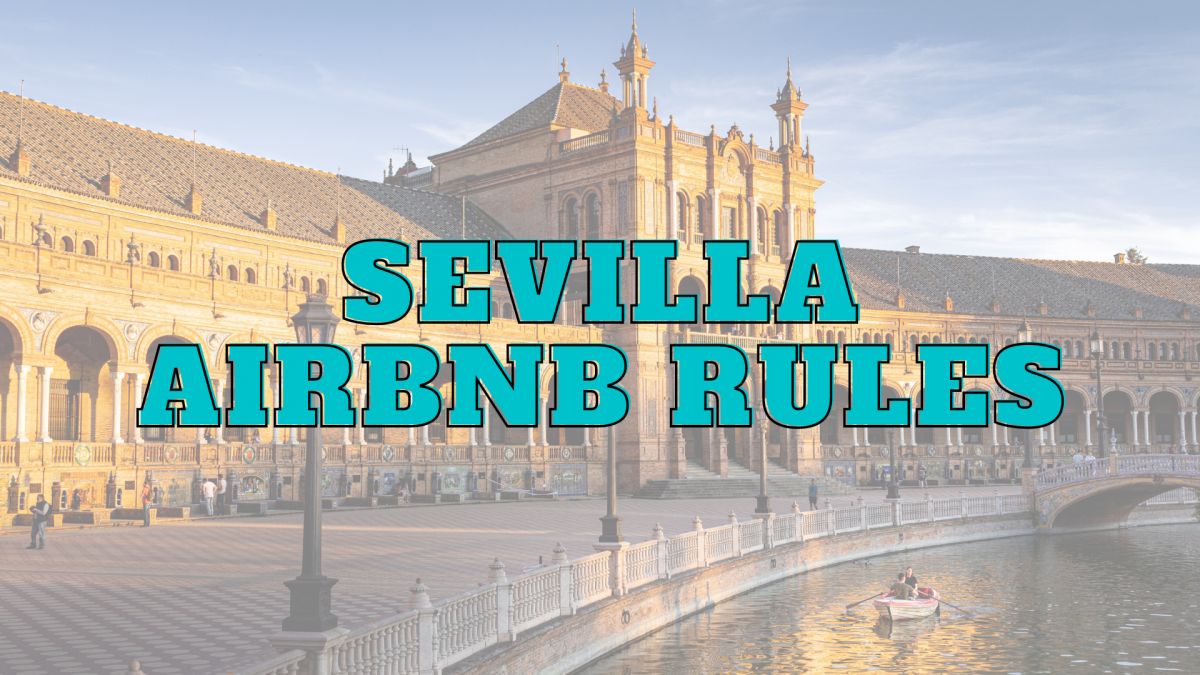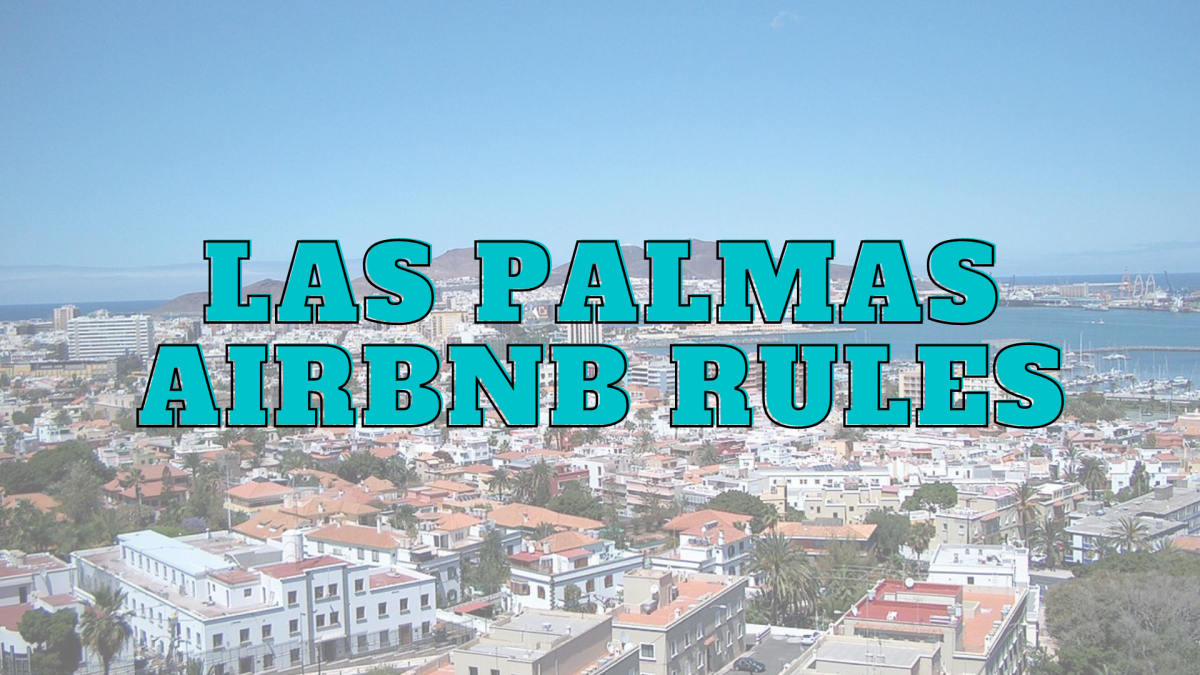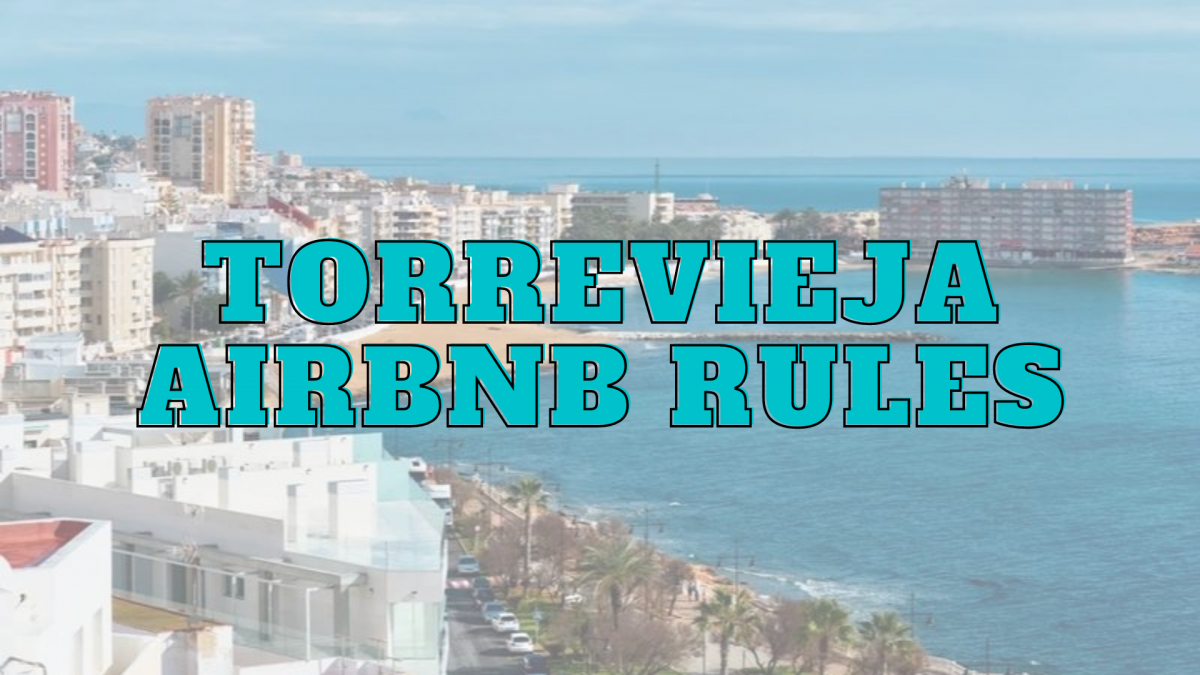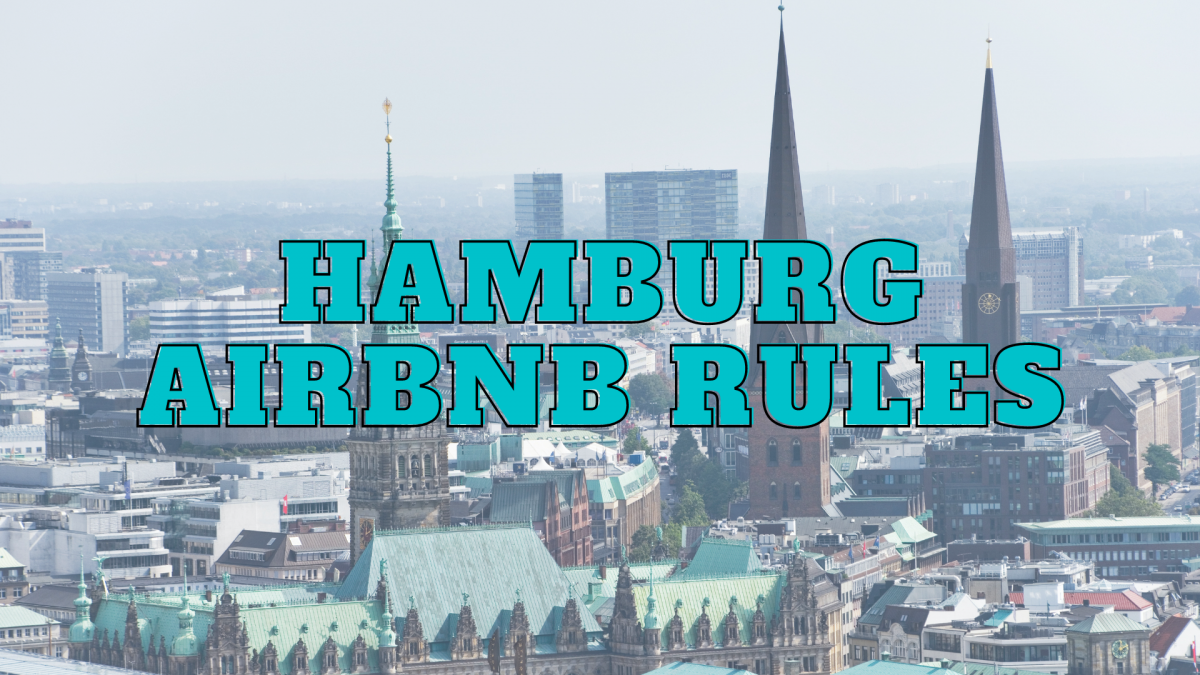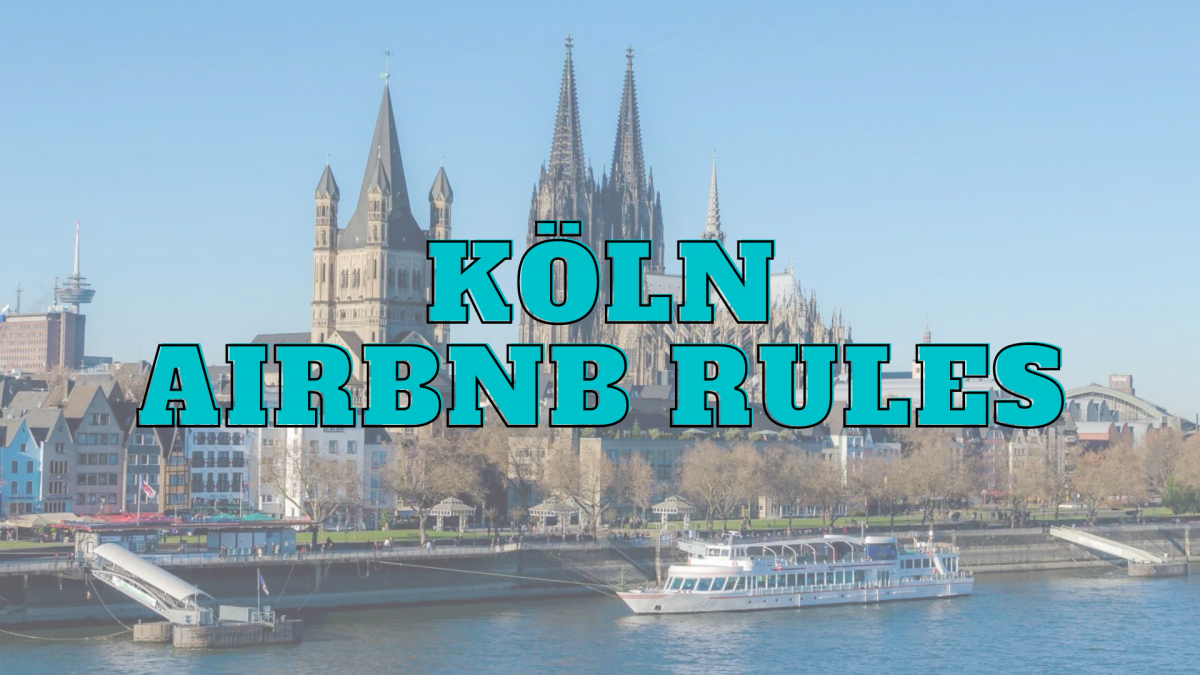Table of Contents Add a header to begin generating the table of contents Is Airbnb legal in Sevilla? Don’t worry, Airbnb is legal in Sevilla! Sevilla is famous for its flamenco dancing and architectural designs, is the largest city in Southern Spain. It was said to have been built by Hercules himself and its fascinating […]
Sevilla Airbnb Rules
